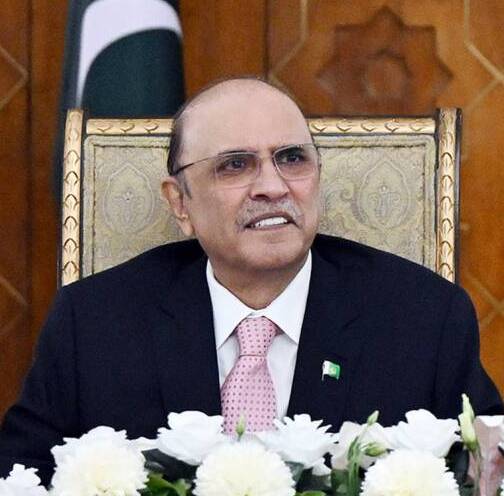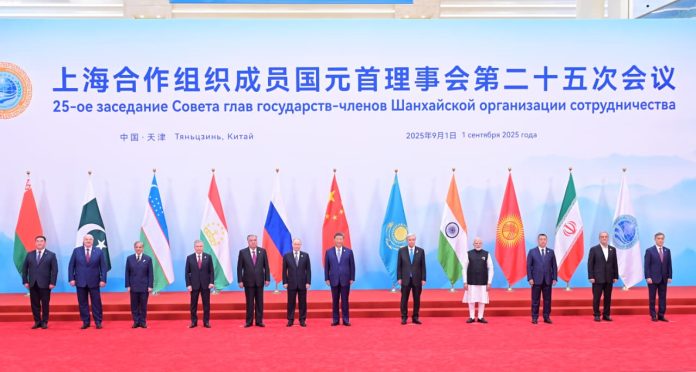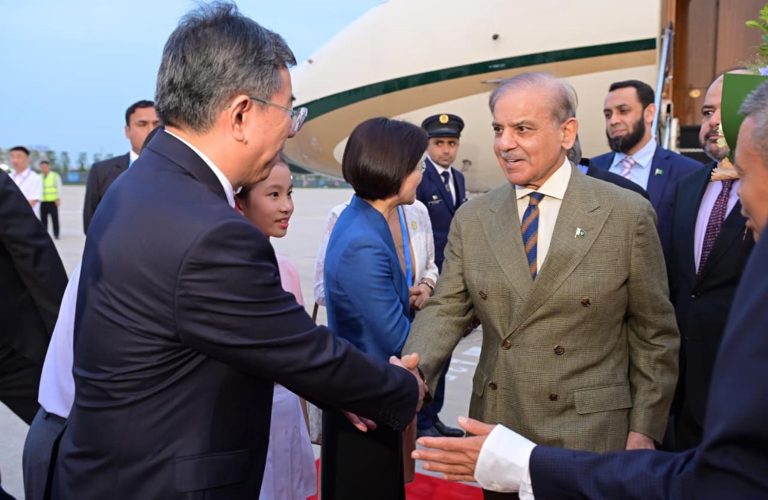
Call for Strategic Collaboration with China’s Chemical Sector to Boost Pakistan’s Industry Competitiveness
- Business
- January 8, 2025
- No Comment
Call for Strategic Collaboration with China’s Chemical Sector to Boost Pakistan’s Industry Competitiveness
Zafar Iqbal, Vice President of the Pakistan-China Joint Chamber of Commerce and Industry (PCJCCI), has emphasized the importance of collaborating with China’s advanced chemical industry to enhance Pakistan’s competitiveness in the global market. Speaking at a think-tank session with PCJCCI’s executive committee members, Iqbal highlighted the challenges facing Pakistan’s chemical industry, notably the lack of mature technology to establish petrochemical complexes or cracking units. He urged that partnering with China could help overcome these technological gaps and promote sustainable development within the sector.
Iqbal stressed that while Pakistan holds significant potential in chemical manufacturing and processing, the country remains heavily reliant on imports, especially in petrochemical products. He envisions transforming Pakistan’s chemical industry from being import-dependent to export-oriented, with the ultimate goal of boosting national economic growth.
One of the key areas of potential, Iqbal pointed out, lies in the rapid development of biotechnology. He noted that the biotechnology boom has revitalized the global chemical industry and opened new opportunities, an area where China’s expanding influence could greatly benefit Pakistan. Through such collaboration, Pakistan could not only improve its domestic chemical manufacturing capabilities but also strengthen its position in international markets.
Iqbal also discussed the growing demand for chemical products within Pakistan, driven by its expanding economy and population. He highlighted that Pakistan’s reliance on imported oil products has led to shortages that have impacted the country’s energy security. In this context, the Chinese chemical park model could offer crucial support to Pakistan’s small and medium-sized enterprises (SMEs) by providing essential resources, infrastructure, and a conducive environment for growth.
The establishment of chemical industrial parks, complete with centralized facilities such as effluent treatment plants, steam generation units, and robust water and electricity supply networks, was another key recommendation. Iqbal emphasized that such initiatives would help reduce operational costs and enhance the efficiency of chemical manufacturers.
Concluding his remarks, Iqbal underscored the crucial role of Pakistan’s chemical industry in supporting numerous sectors, including textiles, agriculture, food and beverages, pharmaceuticals, and plastics. He called for the establishment of a strong global reputation for “Made in Pakistan” products, leveraging the strength of the chemical industry to build lasting national brands.







